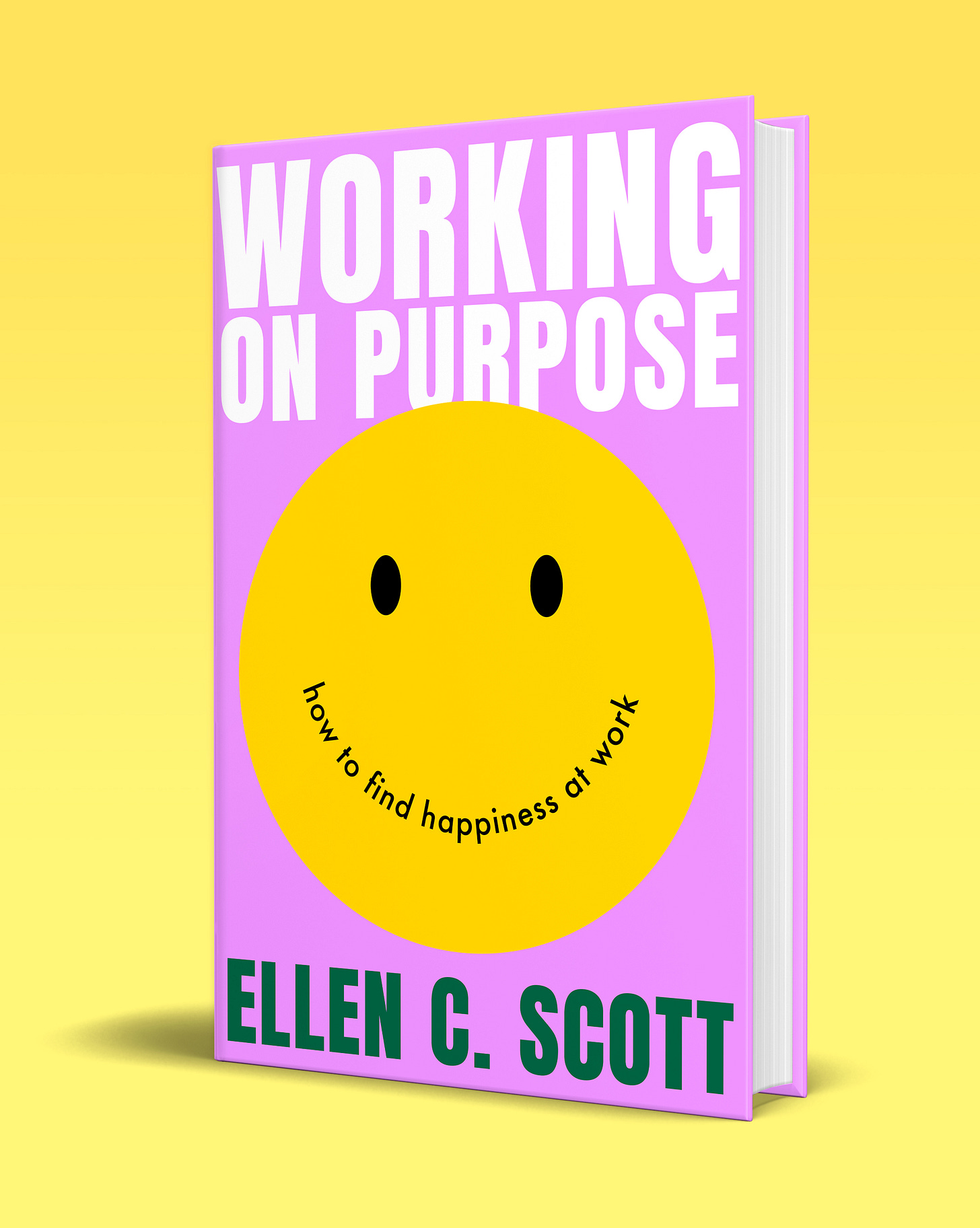A quarter of us say work is having a negative impact on our mental health
What can we do about it?
How does your work affect the way you feel?
For me, work has generally been a good thing for my mental health. It gives structure to days that could otherwise be shapeless bed rotting, along with a sense of meaning and purpose. It can be stressful, of course. There have been times (at my old job, not in my current role!) when work has been a negative force on my wellbeing, keeping me up at night and giving me a new stick with which to mentally beat myself. Physically, I imagine the impact is less than ideal. I spend many hours looking at a screen and sitting down. I doubt my twice-a-week cycling commute and occasional use of a treadmill completely undoes the damage. But, like I say, overall, positive!
You might feel the same about your work. Or you might be part of a significant portion of the population who find their work is detrimental to their wellbeing.
A new report from the CIPD found that a quarter of UK workers feel their jobs have a negative impact on their mental health (25%) or physical health (24%). This forms part of their annual Good Work Index, which they’ve been pulling together for the last eight years based on surveys of 5,000 working people in the UK. Over the last almost-a-decade, the CIPD has found that the negative impact of work on wellbeing “has remained stubbornly high”.
The optimistic among us will note that this means the majority of those surveyed did not feel that work has a negative impact on their mental health. Three quarters, in fact! But ‘not bad’ does not equal ‘good’, and the idea that one in four of us find our work actively harmful should worry us.
So what’s causing that harm? The research found that the strongest factors associated with unhealthy work are excessive workloads, excessive pressure, poor relationships with colleagues, and poor management. Really take a moment to let that sink in. One in four of us are experiencing such excessive workloads that our mental and physical health is buckling. Or such rubbish management that we’re harmed by it. Or such poor relationships with the people we work with that our careers do us no good.
Off the back of this, the CIPD has recommended that employers turn their focus to managers, suggesting that if those in management receive the training and support they need to manage people well, it’ll not only benefit them, but also the people they manage. This is a good suggestion – it’s so rare for managers to receive adequate training on how to manage, and we’ve seen repeatedly that the rise of ‘accidental managers’ has had a negative impact on workers – but organisations need to know that just providing managers with some additional training sessions isn’t enough to fix this issue.
Organisations also need to check in on the reality of their expectations and goals. Poor management is just one reason for a negative impact of work on health. Excessive workload and excessive pressure are contributors, too. If workplaces are piling on too much work, just training managers on how to gently demand more and more and more from those they manage is like putting a sticking plaster on an exploding water pipe. Plus, poor management isn’t only down to a lack of training. When a manager is under strain from unreasonable expectations themselves, they won’t have the time or energy to provide proper managerial care. All that nice development they did will go out the window if managers aren’t given the time and ability to manage.
In short, workplaces need to go bigger and deeper. Question every part of work and how it can be tweaked to be beneficial to workers. Not just out of a moral duty, but because that’s the way to get the best work done; happy, healthy, fulfilled workers are less likely to take sick leave or quit, and more able to be productive.
Peter Cheese (great name), the chief executive at the CIPD, said: “While certain aspects of job quality have improved for some workers, for a significant minority work isn’t getting better and is negatively impacting their health. This points to a real need to look beyond the symptoms of unhealthy work to its root causes, including job design and workload management, lack of awareness or capabilities in good people management, and the supportive cultures needed to help people give their best. There’s a clear business and moral case for prioritising wellbeing at work. It’s not just good for individuals, but helps boost employee performance and retention, as well as reducing health-related inactivity in the labour market.
“Tackling work-related stress, one of the main causes of sickness absence and associated with rising levels of economic inactivity, must be a priority for both employers and policy makers. The government’s efforts to encourage more focus on the wellbeing of the workforce will require more organisations to equip managers with the time and skills they need to manage people properly, and to keep people well and in work.”
Hear, hear, Mr Cheese!
Work-related reading recs:
Another dismal work trend: ‘quiet cracking’
Big agree with these do’s and don’t of OOO etiquette
The rise of productivity tracking is very concerning. Another reason to be worried: Black employees are far more likely to be subjected to it.
“Should I feel bad about running errands during working hours?”
How to deal with ‘ghostworking’
Your regular reminder to pre-order Working On Purpose
My first ever book, Working On Purpose, is the ultimate guide to working in a better, healthier way. It’s out in August but you can pre-order it now:




